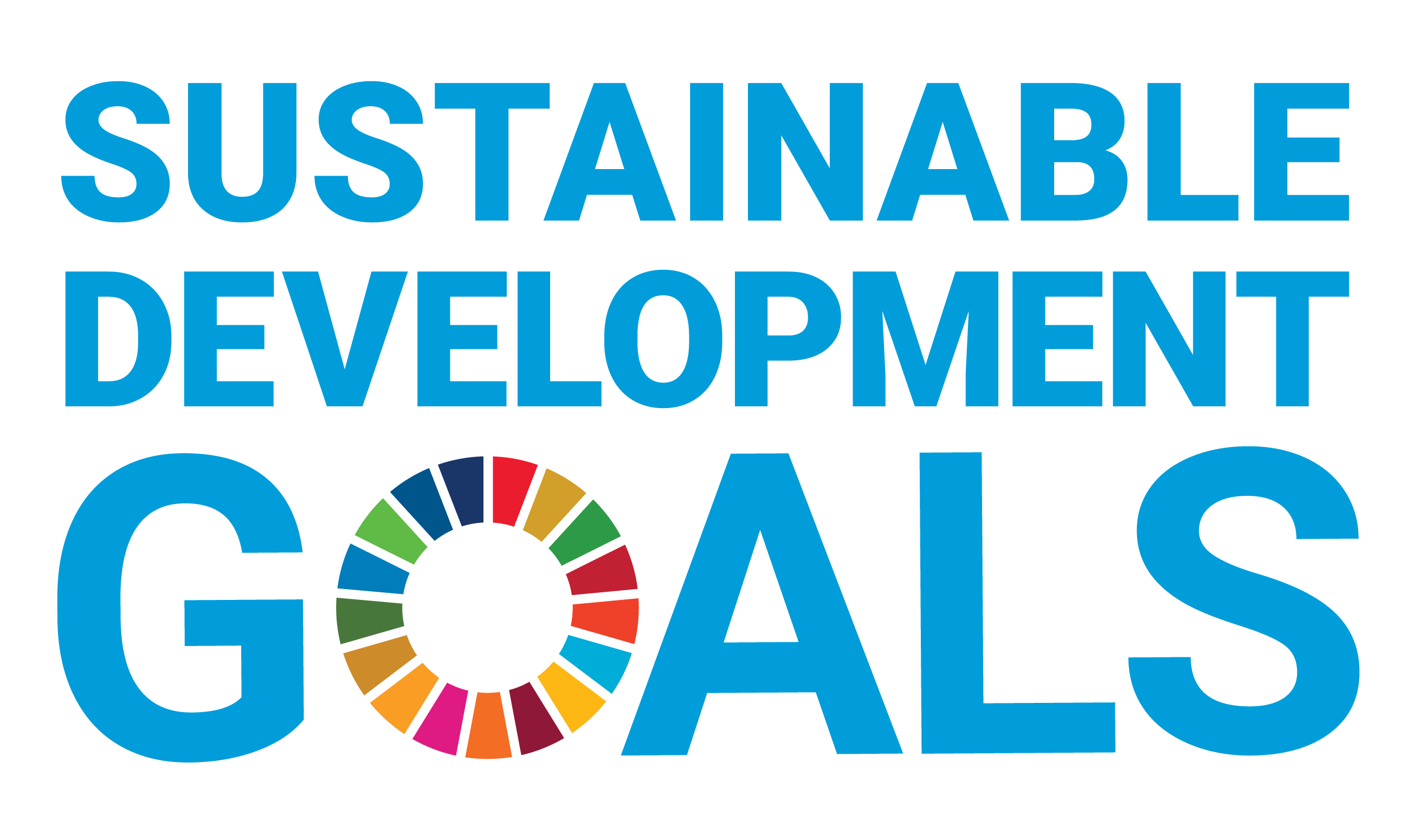Imperial Run-Off: Korean Golf in the Clark Special Economic Zone in the Philippines
Document Type
Article
Publication Date
3-16-2022
Abstract
Korean golf in the Clark Special Economic Zone (Clark SEZ) in the Philippines demonstrates how new inter-Asian imperial relations are taking place within the lingering effects of a colonial past. As the largest United States military outpost in Asia for most of the twentieth century, Clark SEZ is now controlled by the Philippine central government under the Office of the President which brokers the lease of land to foreign investors, including South Korean entities. Following Hannah Arendt who defines imperialism as international business interests disguised as national interests, we understand Korean imperialism in the area as capitalist investments that take nationalist forms. Korean golf—defined as Korean people, culture, and property related to the sport of golf—reterritorializes the South Korean nation onto Clark and operates within historically produced inequalities of the area characterized by environmental, class, gender, racial, and economic asymmetries. Korean golf plays a central role in bringing Korean people to Clark and anchoring Korean investment in manufacturing, hospitality industries, and real estate. Exclusive developments like Korean golf courses function to deny the claims to land made by indigenous peoples and small-scale farmers who assert their ancestral rights to these lands and their rights to farm for their survival. This study weaves together the subjective pleasures of Korean golf with the critical stakes for those who are erased from the landscapes they call home.
Recommended Citation
Joo, R. M., & Medriano, J. S. (2022). Imperial run-off: Korean golf in the Clark Special Economic Zone in the Philippines. Inter-Asia Cultural Studies, 23(1), 1–27. https://doi.org/10.1080/14649373.2022.2026586



